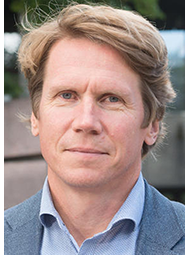
Constitutions 2.0: Self, Sovereignty, and Scale in the Age of AI
Keynote by Professor Sheila Jasanoff followed by commentary and a conversation with Professor Achille Mbembe and moderator Professor Zeblon Vilakazi.
Technological change and its consequences are all around us: generative AI, climate change, genome editing, renewable energy, and the resurfacing threat of nuclear conflict. Yet, political theory has been slow to pick up on what these developments mean for states and citizens in the global order.
In this talk Professor Sheila Jasanoff takes her starting with the proposition that we have entered a new era of globalism—one defined not, as at the turn of the last century, by an imagined class struggle transcending the borders nation states, but by the circulation of knowledge and technology that are helping to redefine the parameters of global politics. She will reflect on the ways in which technological promises and capabilities are interacting with visions of human flourishing and welfare along three axes: the boundaries of the self, the temporalities of political action, and the relations between knowledge and power. These fundamental realignments call for new forms of constitutional thinking at a transnational level. Focusing primarily on the digital revolution, she will consider the tensions between the originators and the subjects of technological innovation, and suggest how STS thinking might help articulate alternative imaginaries of progress, especially from the Global South.
Opening remarks by Jørgen Sejersted, Chair of the Holberg Prize Board. The keynote by Prof. Sheila Jasanoff will be followed by commentary from Prof. Achille Mbembe and an open-ended discussion chaired by Prof. Zeblon Vilakazi.
Practical information
The event has free admission and will also be openly accessible to watch live on the Holberg Prize YouTube Channel. If you wish to attend in person, please register here:
17:00-18:00 SAST Reception hosted by the Holberg Prize
Venue: WISER Reception Area, 6th Floor Richard Ward Building, East Campus
18:00-19:30 SAST Constitutions 2.0: Self, Sovereignty, and Scale in the Age of AI
Venue: WISER, 6th Floor Richard Ward Building, University of Witwatersrand.
Participants

Jørgen Magnus Sejersted
Jørgen Magnus Sejersted is professor of Nordic literature at the University of Bergen, Norway. Chair of the Holberg Prize Board (from 2023) and former dean of The faculty of humanities (2017-2021). Sejersted was project leader for Ideologies of Holberg (2012–2016) and Chairman of the Norwegian management group for the web text project Collected works of Ludvig Holberg (2010-2015). Chairman of Norwegian Society of 18th-Century Studies (2014-15). Leader of Universities Norway strategic unit UHR-Humanities (2019-21).
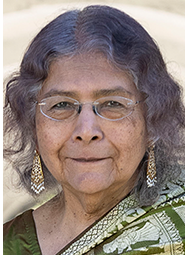
Sheila Jasanoff
Sheila Jasanoff is Pforzheimer Professor of Science and Technology Studies at the Harvard Kennedy School. A pioneer in the social sciences, she explores the role of science and technology in the law, politics, and policy of modern democracies. Jasanoff founded and directs the STS Program at Harvard University. She was awarded the Holberg Prize in 2022. Her books include The Fifth Branch (1990), Science at the Bar (1995), Designs on Nature (2005), The Ethics of Invention (2016), and Can Science Make Sense of Life? (2019).
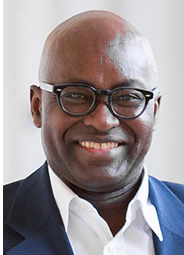
Achille Mbembe
Achille Mbembe is a Research Professor in History and Politics (Wits Institute for Social and Economic Research) and the Director of the Innovation Foundation for Democracy at the University of Witwatersrand. A member of the American Academy of Arts and Sciences and a Fellow of the British Academy, he is the author of ten books and his work has been translated into fifteen languages. His latest book is La communauté terrestre (Paris, La Découverte, 2023).
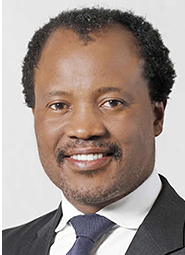
Zeblon Vilakazi (Chair)
Zeblon Vilakazi is the Vice-Chancellor and Principal of the University of Witwatersrand. He was instrumental in establishing South Africa’s first experimental high-energy physics research group at CERN, working on the Large Hadron Collider where he was involved in the development of the ALICE detector high level trigger. Vilakazi has fostered international collaborative research, as Director of iThemba LABS (the largest cyclotron facility in the southern hemisphere) where he initiated a flagship rare – isotope beam (RIB) project. In 2019 he played a role in securing a place for African academic partners in the development of practical applications through access to the IBM Quantum Computing network. He has served on various advisory boards including amongst others the IAEA, IUPAP (International Union of Pure & Applied Physics), and the Joint Institute for Nuclear Research. In May 2022, Professor Zeblon Vilakazi was elected as a Fellow of the Royal Society of London.
Organizers
-
Image
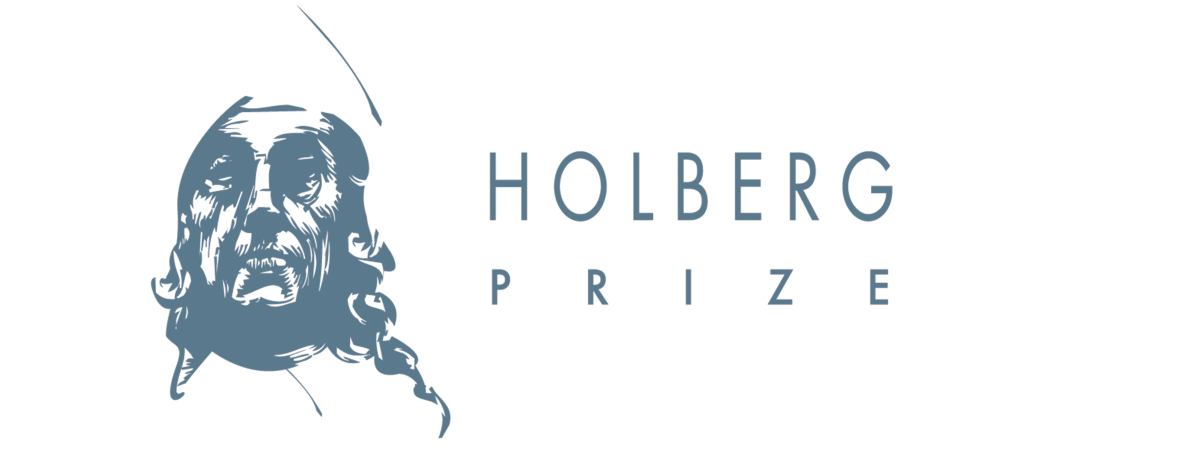
The Holberg Prize, established by the Norwegian Parliament in 2003, is an international prize worth NOK 6,000,000, awarded annually to a scholar who has made outstanding contributions to research in the humanities, social science, law or theology, either in one of these fields or through interdisciplinary work. The Holberg Prize is funded by the Norwegian Ministry of Education and Research and hosted by the University of Bergen, Norway.
-
Image
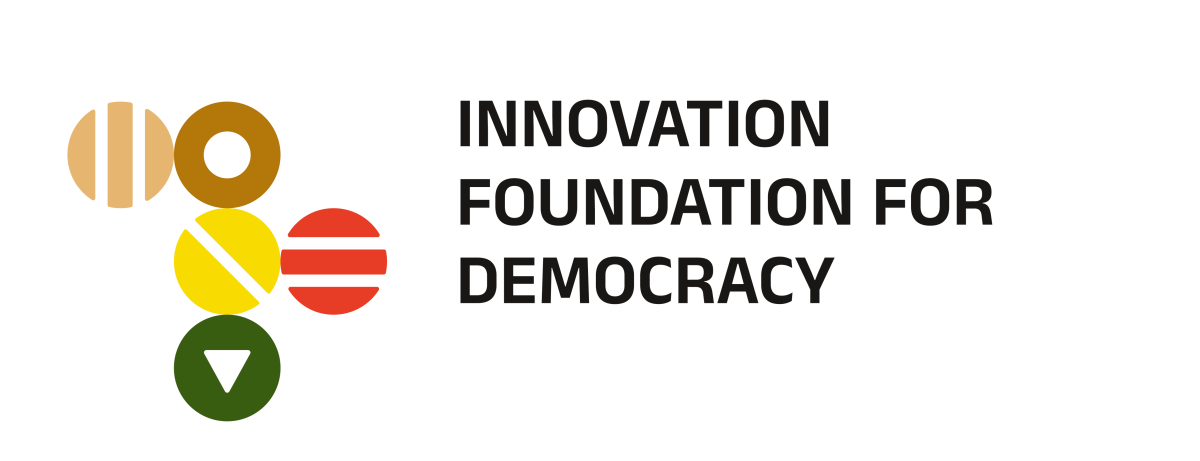
The Innovation Foundation for Democracy is a new initiative that was established in 2022. The Foundation aims to rejuvenate democracy in Africa, particularly amongst young people, through research and training initiatives and innovative democratic projects. The Foundation is hosted by the Wits University from where it serves the continent.